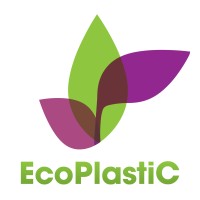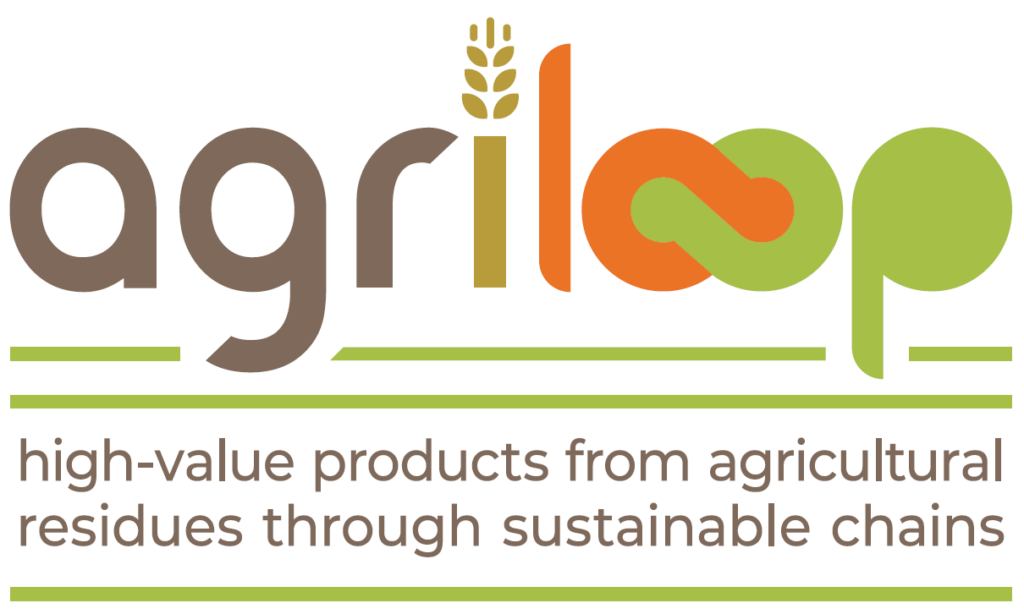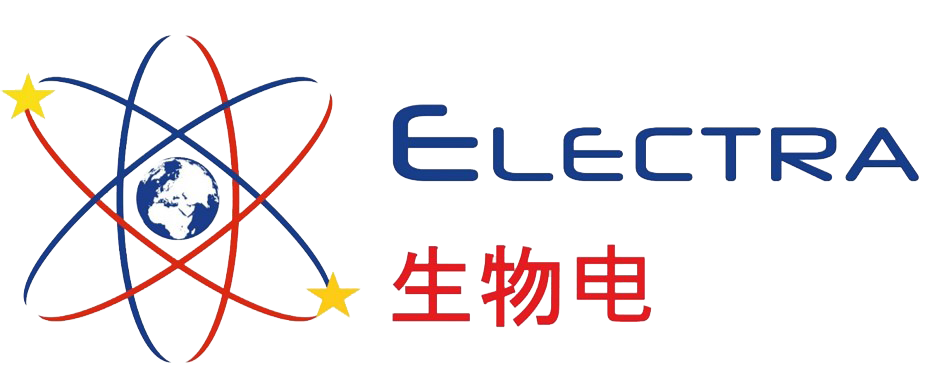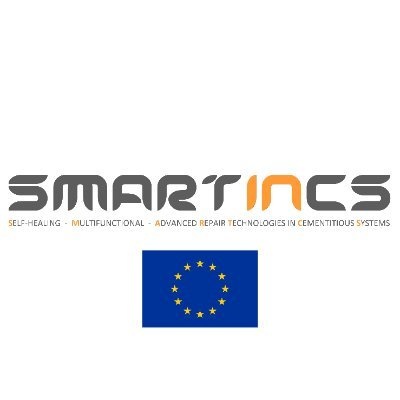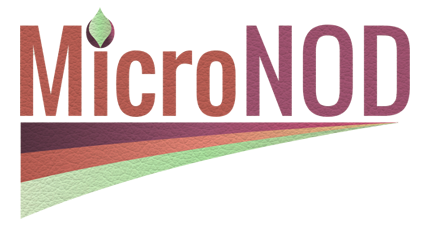Our Research Projects
Exploring Innovative: Driving Innovation through Collaborative Projects

ABOUT US – RESEARCH PROJECTS
Avecom is at the forefront of several cutting-edge European and Flemish R&D projects, underlining our dedication to pushing the boundaries of biotechnology. Harnessing our in-depth knowledge in microbiology, chemistry, and environmental science, we strive to create value and drive progress.
We’re proud to work hand-in-hand with esteemed academic entities and industry partners to develop new products and processes, bringing our robust laboratory testing, optimization, and upscaling capabilities to the table.
If you’re considering a partnership, don’t hesitate to connect with us. As you explore this page, you’ll find our ongoing projects and key collaborators. We’re excited to foster innovation and growth with you.




